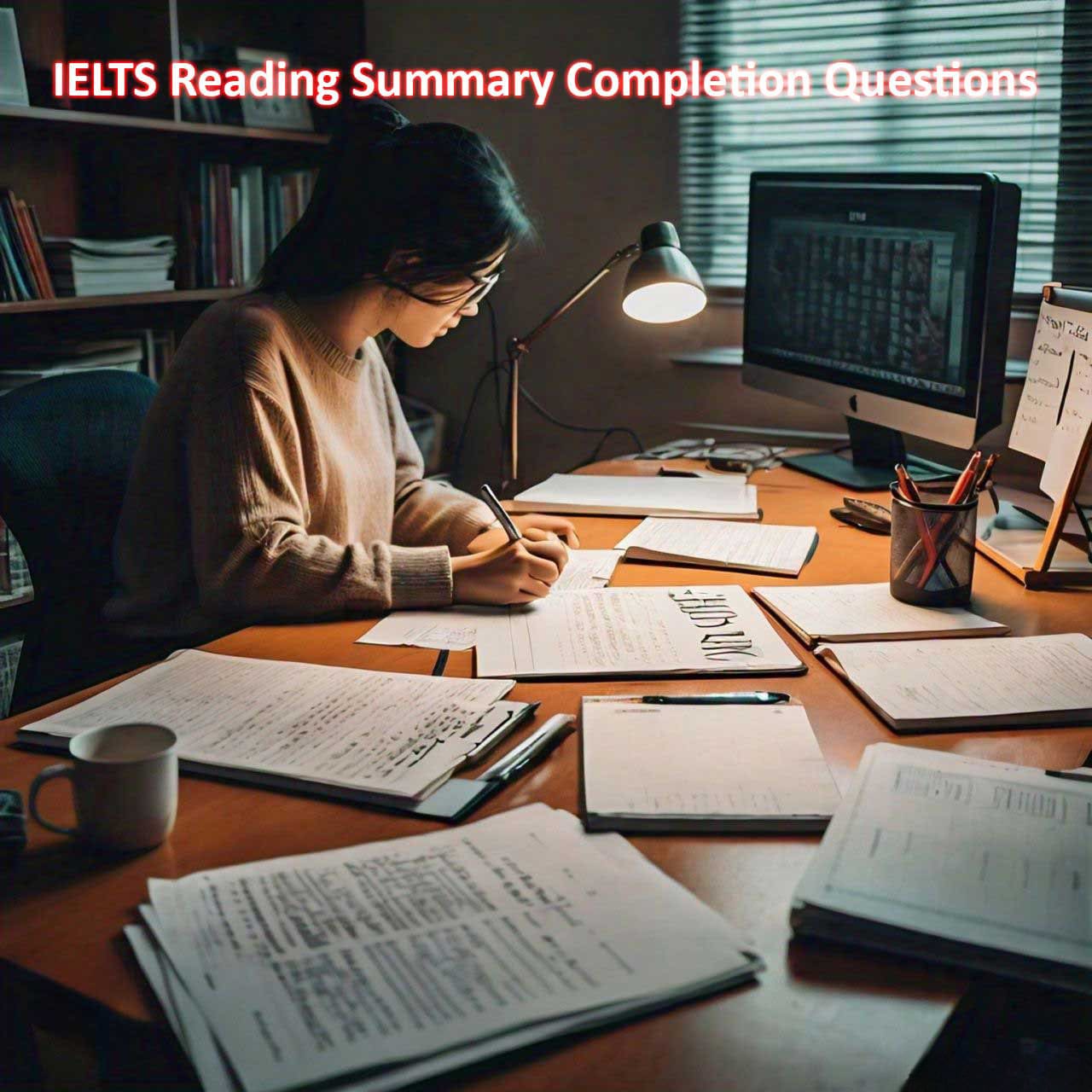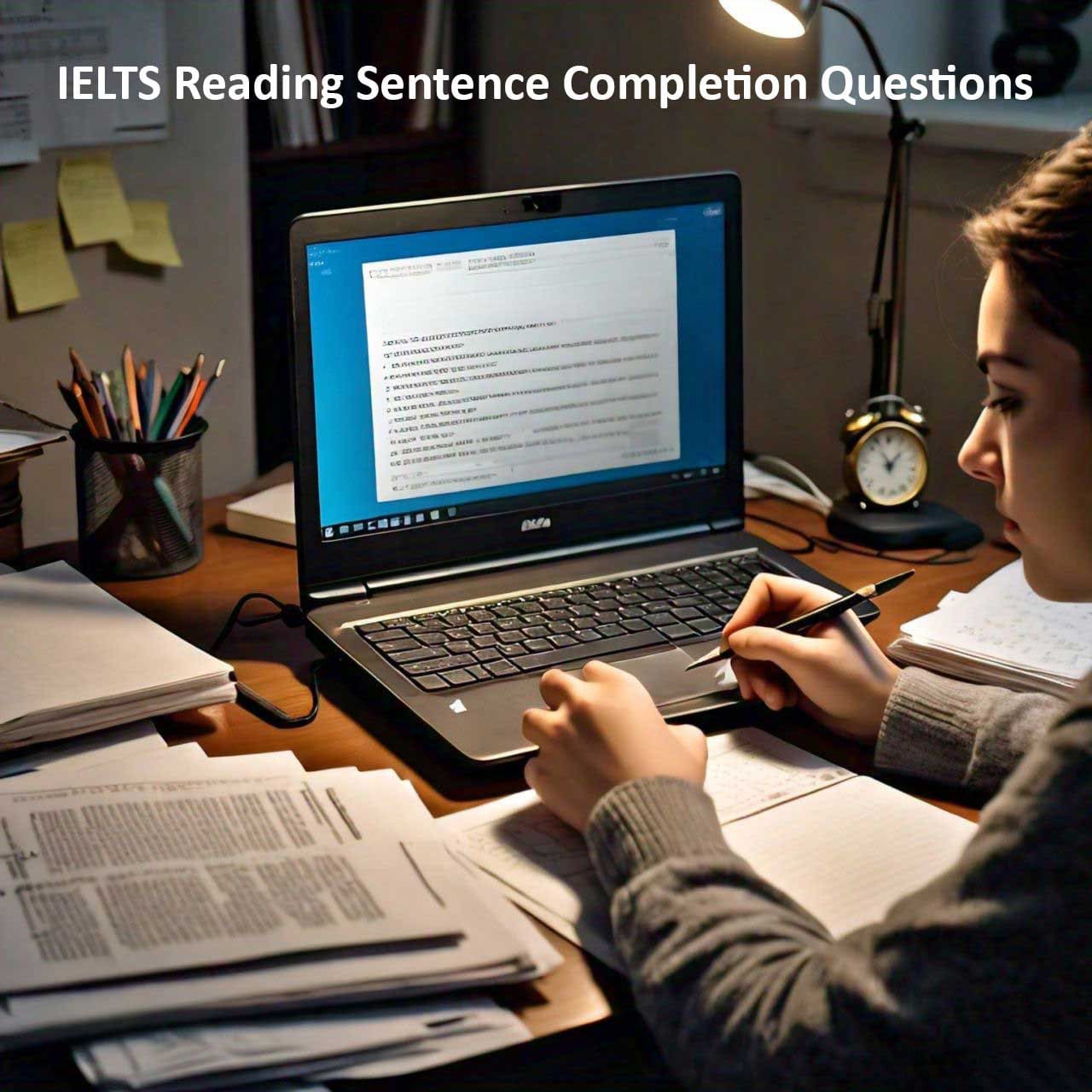The IELTS Reading test is a crucial part of the IELTS exam, designed to assess your ability to understand and interpret written English in various contexts. Regular reading is one of the most effective ways to prepare for this section, as it not only enhances your comprehension skills but also enriches your vocabulary and improves your speed. In this blog post, we’ll explore the significance of regular reading and provide tips on how to integrate it into your daily routine to boost your IELTS Reading performance.
Table of Contents
Benefits of Regular Reading for IELTS Preparation
1. Enhanced Comprehension Skills:
Regular reading helps you develop the ability to understand complex texts quickly. By exposing yourself to various types of content, you learn to identify main ideas, recognize supporting details, and understand the overall structure of a passage, all of which are crucial for the IELTS Reading test.
2. Expanded Vocabulary:
Reading a wide range of materials introduces you to new words and phrases, enhancing your vocabulary. A rich vocabulary allows you to understand the reading passages better and answer questions more accurately.
3. Improved Speed and Efficiency:
Regular reading practice increases your reading speed and efficiency. The IELTS Reading test requires you to read multiple passages and answer 40 questions in 60 minutes. The ability to read quickly and efficiently can significantly impact your performance.
4. Familiarity with Different Text Types:
The IELTS Reading test includes a variety of text types, such as articles, reports, advertisements, and more. Regular reading exposes you to these different formats, helping you become comfortable with diverse styles and structures.
5. Better Analytical Skills:
Engaging with complex texts regularly improves your analytical and critical thinking skills. You learn to evaluate arguments, understand nuanced meanings, and draw inferences, all of which are essential for answering higher-order questions in the IELTS Reading test.
6. Increased Confidence:
Regular reading builds your confidence in handling English texts. The more you read, the more comfortable you become with the language, reducing anxiety and increasing your self-assurance during the test.
Tips for Incorporating Regular Reading into Your Routine
1. Choose a Variety of Reading Materials:
To gain the most benefit, read a wide range of materials. Include newspapers, magazines, academic journals, fiction, non-fiction, and online articles in your reading list. This variety will expose you to different writing styles and vocabulary.
2. Set Aside Dedicated Reading Time:
Make reading a part of your daily routine. Set aside a specific time each day for focused reading. Even 20-30 minutes of daily reading can make a significant difference over time.
3. Focus on Understanding:
While reading, focus on understanding the content rather than just skimming through it. Take notes, highlight important points, and summarize paragraphs in your own words to reinforce your comprehension.
4. Practice Active Reading:
Engage actively with the text by asking questions, making predictions, and connecting the content to your own experiences. Active reading enhances your engagement with the material and improves retention.
5. Use Reading Comprehension Exercises:
Supplement your reading with comprehension exercises. Many IELTS preparation books and online resources offer practice passages with questions similar to those in the IELTS Reading test. These exercises help you apply your reading skills in a test-like environment.
6. Keep a Vocabulary Journal:
Maintain a vocabulary journal to record new words and phrases you encounter during your reading. Write down the meanings, example sentences, and any related synonyms or antonyms. Review your journal regularly to reinforce your learning.
7. Discuss What You Read:
Discussing your reading materials with friends, family, or study groups can deepen your understanding and provide new perspectives. Explaining concepts to others is a great way to reinforce your own learning.
8. Read Aloud:
Reading aloud can improve your pronunciation and fluency, which are beneficial for the Speaking section of the IELTS as well. It also helps you pay more attention to the rhythm and intonation of the language.
9. Track Your Progress:
Keep track of your reading progress by noting down the materials you’ve read and the time you’ve spent. Monitoring your progress can motivate you to stay consistent and achieve your reading goals.
10. Enjoy the Process:
Find joy in reading by choosing materials that interest you. Whether it’s a gripping novel, an insightful article, or an inspiring biography, enjoying what you read will make the practice more enjoyable and sustainable.
Conclusion
Regular reading is a powerful tool in your IELTS preparation toolkit. It enhances your comprehension skills, expands your vocabulary, improves your reading speed, and builds your confidence in handling English texts. By incorporating a variety of reading materials into your daily routine and practicing active reading strategies, you can significantly boost your performance in the IELTS Reading test. Remember, consistency is key, so make reading a regular habit and watch your skills grow. Happy reading, and best of luck with your IELTS preparation!



